The School of Global Public Health (GPH) stands proudly in one of the world's most remarkable cities, New York City, providing you with an unparalleled opportunity to engage with some of the most pressing public health challenges within its vibrant urban landscape. Nevertheless, the increasingly expansive and intricate nature of global health concerns necessitates a comprehensive understanding of the diverse public health issues affecting communities worldwide. Our graduate programs are meticulously designed to equip you with a truly global perspective on public health matters. Through an array of study abroad opportunities, faculty research, and immersive applied learning experiences spanning the globe, we empower you to cultivate a distinct advantage as the next generation of public health innovators and pioneers. By embracing these enriching experiences, you will be poised to make a significant impact on the world stage, addressing the intricate interplay of global health challenges and transforming into the next generation of public health innovators and pioneers the world needs. The following courses were developed and facilitated by Global & Environmental Public Health faculty. To view all upcoming global opportunities, please visit this page.
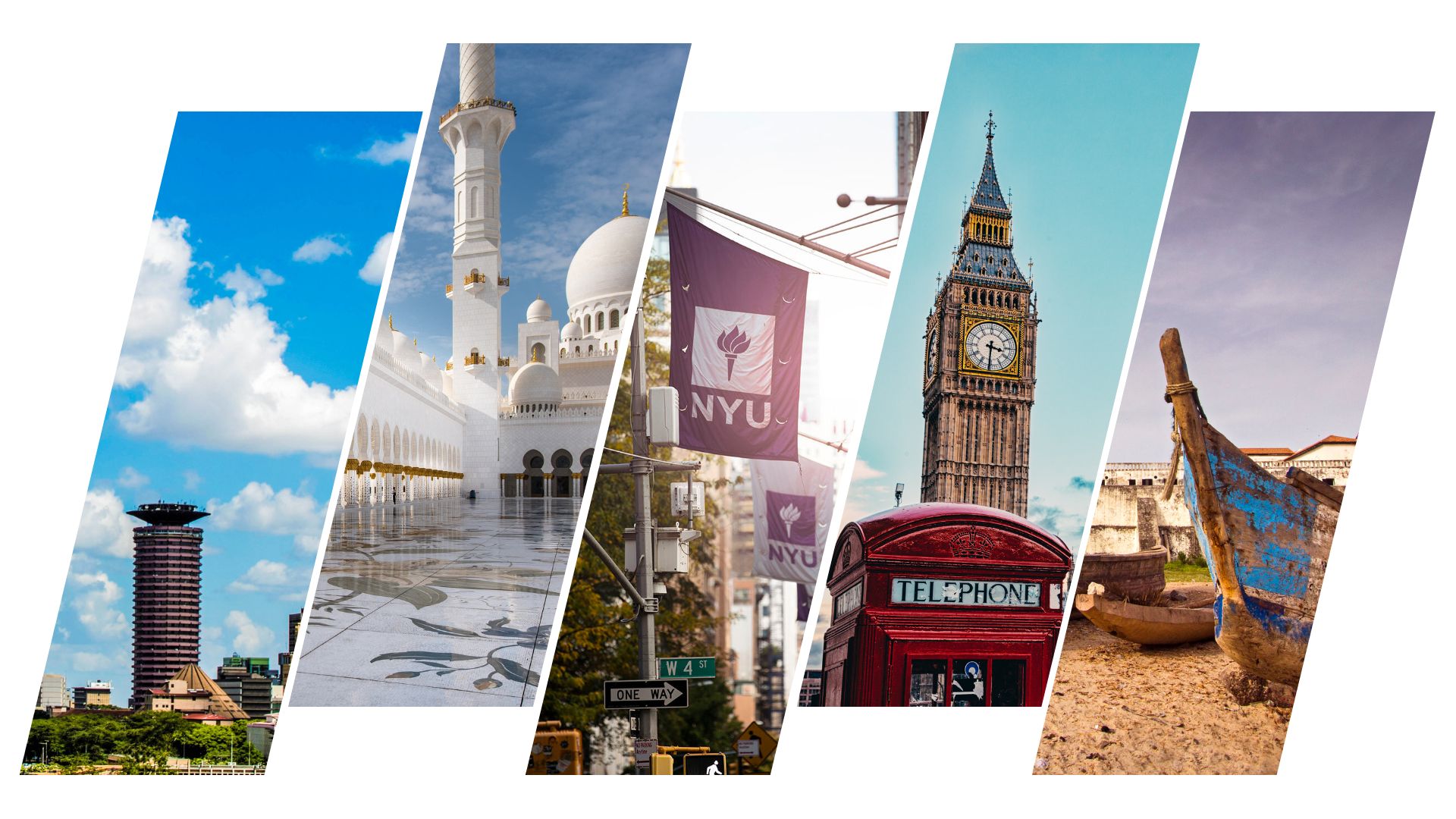
Behavioral Communication Strategies for Global Epidemics
This iteration of the Behavioral Communication Strategies for Global Epidemics was done in partnership with Strathmore Business School (SBS) and the UNICEF Eastern and Southern Africa Regional Office (ESARO) and held in Nairobi, Kenya during the March 2023 Spring break. Lead faculty include Drs. Chris Dickey (NYU GPH), Ben Ngoye (SBS), and Erma Manoncourt (NYU GPH, ex-UNICEF). The 54 participants included 33 MPH and DrPH students from NYU GPH, 12 UNICEF staff (from Kenya, Tanzania, South Sudan, Malawi, Mozambique, Zambia, Pakistan, Afghanistan, Liberia, and Egypt), and 9 National and County Health managers from Kenya. They were organized by geographic priority into 10 teams, each with a mix of students and professionals, with a goal of developing immediately implementable strategies to address ongoing and emergency public health challenges in the region.
A diverse group of facilitators, with expertise in systems analysis, management, behavioral science, anthropology, psychology, community engagement, operations and logistics, emergency response, data management and research, human-centered design, and negotiation, ensured that the strategies were science-driven, human rights-focused, and grounded in empirical evidence and the collective experience in the room. The participants completed formal training on systems thinking, epidemiology, behavioral theory, and social and behavior change via online modules in advance of the live, hands-on sessions.
Over the span of the week, during dynamic and highly interactive sessions with NYU GPH and Strathmore University faculty, UNICEF regional and global professional staff, and expert social scientists, the teams crafted proposals for targeted, implementable projects in their respective geographies. All of the presentations are available here.
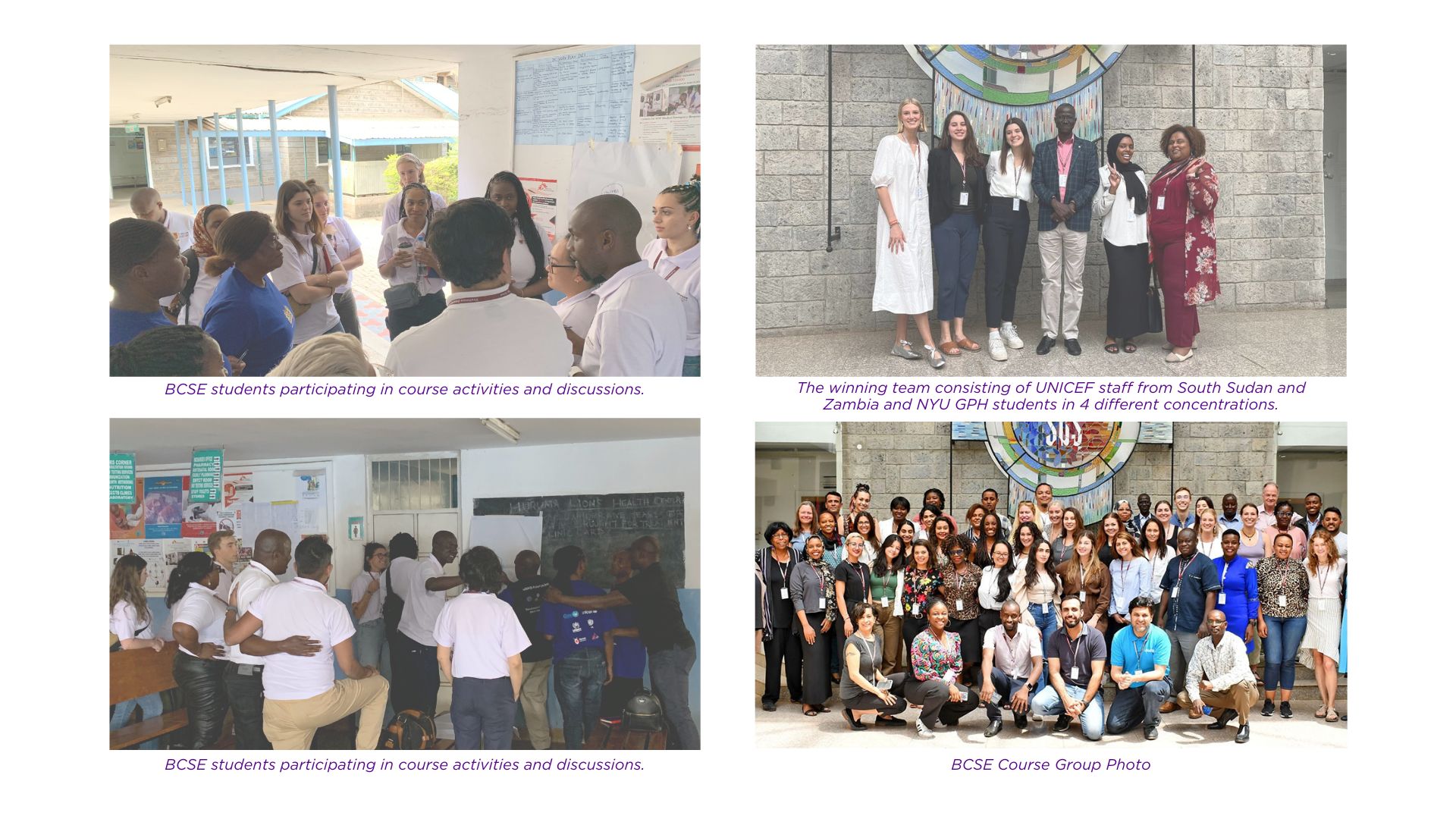
COURSE INSTRUCTOR(S)
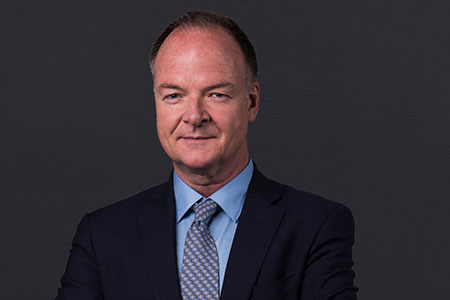
Chris Dickey
Clinical Associate Professor of Global Health
Climate Change and Global Public Health – Shanghai, China
This course delves into the critical subject of climate change, which has emerged as the most significant public policy challenge of the 21st century. Our comprehensive curriculum covers various aspects, including climate change science, its profound impact on public health, ecological consequences, the detrimental effects of fossil fuel air pollution, global food security concerns, and available policy options.
This course explore strategies for adaptation to mitigate the adverse consequences of climate change, such as storm flooding, intensified ozone and heat waves, drought, and threats to biodiversity. Moreover, student will assess the feasibility and potential benefits of achieving 100% renewable energy through wind and solar power, and critically evaluate policy solutions, ranging from local city governments and regional states to global treaties such as the UN Framework Convention on Climate Change-Conference of the Parties Paris Agreement. To provide a comprehensive understanding, this course will explore the phenomenon of Climate Denialism, analyzing its impact and implications. A recommended text for this exploration is "The Madhouse Effect."
Students that have participated in this course gain a deep understanding of the complexities surrounding Climate Change, are walk out equipped with the analytical and decision-making tools needed to be active participants in addressing this global health challenge.

COURSE INSTRUCTOR(S)
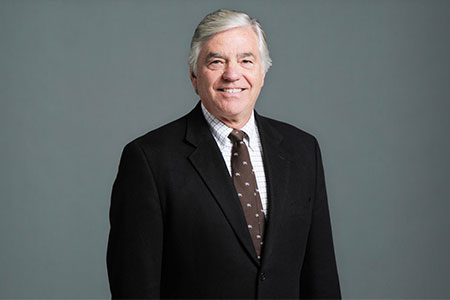
William N. Rom
Sol and Judith Bergstein Professor of Medicine, Emeritus; Research Scientist; Research Professor, NYU School of Medicine
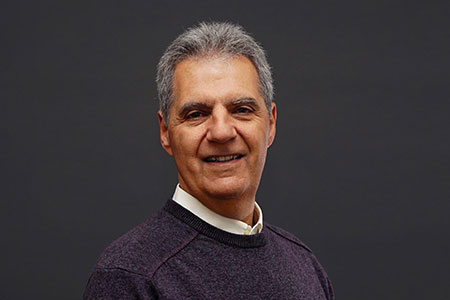
Jack Caravanos
Clinical Professor of Environmental Public Health
Disease Elimination & Eradication Strategies for Infectious Diseases in LMICs
This course was developed, and held in collaboration with the Global Institute for Disease Elimination (GLIDE). The course is comprised of two components: 1) A series of online modules that covered various topics, including the principles and history of disease elimination and eradication, ethics and human rights, case studies on the prevention and treatment of neglected tropical diseases, integrated approaches to disease elimination and eradication, and an introduction to systems thinking. 2) An 8-day intensive live course that took place on the NYU Abu Dhabi campus. During this portion of the course, students and practitioners from the field had the opportunity to collaborate and develop a comprehensive proposal for action aimed at the elimination or eradication of an infectious disease within a specific geographic context.
This iteration of the course welcomed 53 participants, including NYU GPH graduate students, disease elimination program managers from Cameroon, Togo, Malawi, South Sudan, Pakistan, Egypt, and other countries, and government and WHO staff from the Eastern Mediterranean and African regions. This course was co-taught by, Drs. Chris Dickey and Moaz Abdelwadoud with several guest facilitators and content experts, which included, Dr. Erma Manoncourt, Dr. Rana Jawad, Dr. Daniel Boakye, and Dr. John Chimumbwa. GLIDE facilitators included Dr. Lisa Bryde, Senior Technical Advisor, and Diana Yousef, Technical Advisor.
Skills Learned: The course offers the state of the art in disease elimination and eradication, beginning with a knowledge base that includes key concepts and case studies from low and middle income countries. Further, the participants are trained on: addressing infectious diseases in low resource settings while integrating four thinking models (systems, design, strategic & evaluative), working in teams with diverse public health professionals, presentation skills, and proposal development.
"My experience with the course was fabulous. The hands-on interactive learning environment allowed me to work, and learn, from a great blend of collaborating organizations, facilitators, guest speakers, and participants from across the world. I am so proud of our eleven competitive teams who succeeded in developing outstanding proposals, each with a unique innovative approach."
COURSE INTRUCTOR(S)
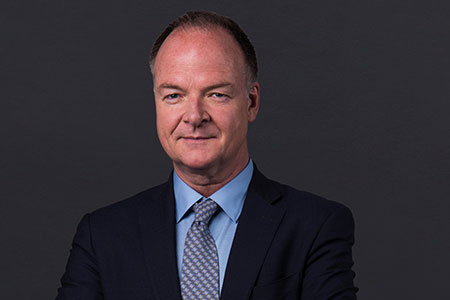
Chris Dickey
Clinical Associate Professor of Global Health
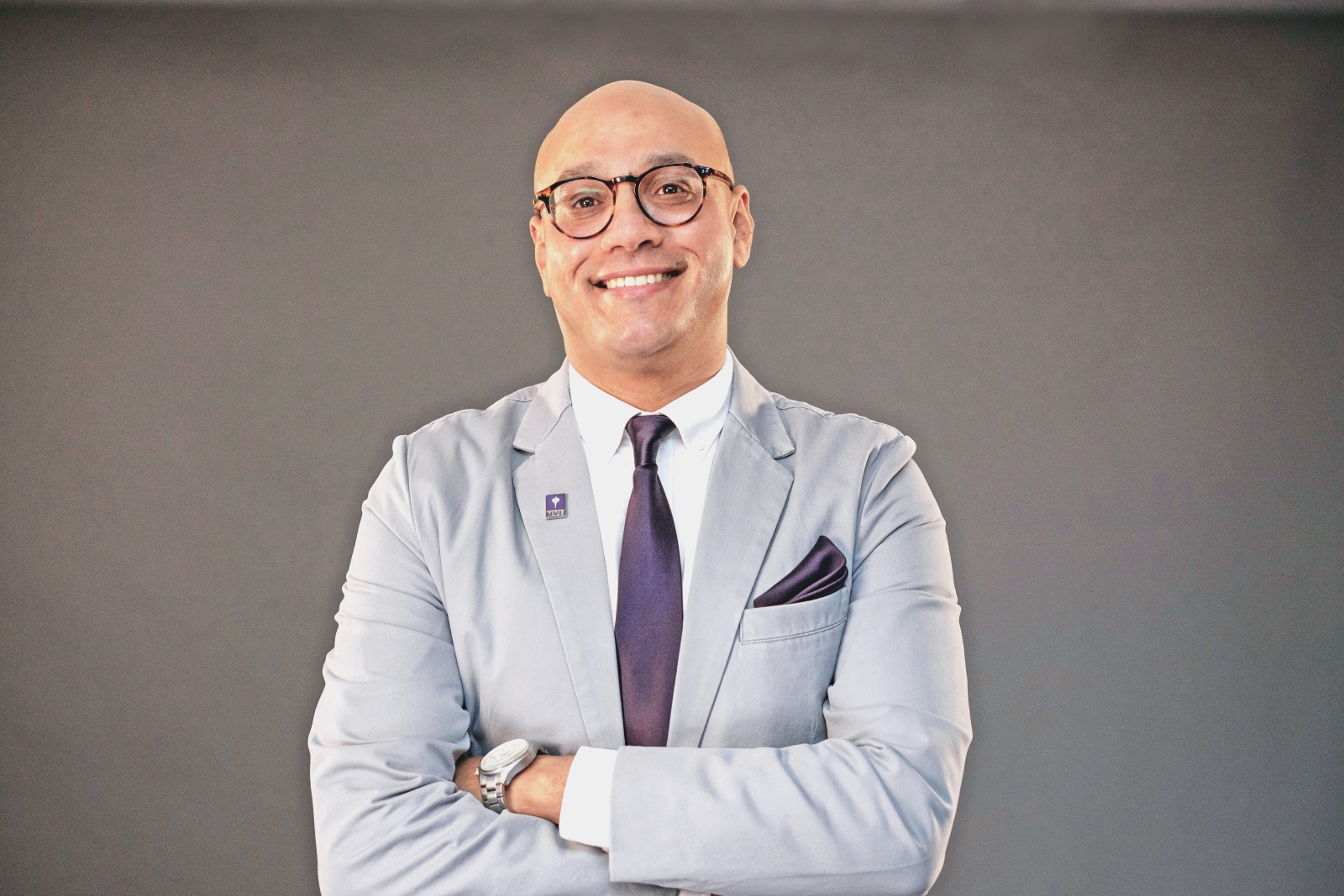
Moaz Abdelwadoud
Visiting Assistant Professor for Global Health
Urban Health Equity: New York and London - A Comparative Perspective
By 2050, it is estimated that 70% of the world’s population will live in cities with more than 90% of that urban growth occurring in low and middle-income countries. This rapid urbanization raises new concurrent social, economic, public health, environmental, and health systems challenges including:
- Rising prevalence of both non-communicable diseases and infectious diseases
- Increased greenhouse gas emissions that contribute to climate change, pollution and poor health
- Need for enhanced access to health foods, clean water, and sanitation
- Vast inequities in opportunities that are compounded by poverty, race, ethnicity, gender, age, migration status, and place of inhabitation.
This course will cover the ecological framework for health and its broad determinants across the life span, conceptual frameworks for characterization and analysis of urban settings and urbanization: density, diversity, complexity and disparities and the importance of urban governance in advancing urban health; the global context for addressing urbanization and urban health through the Sustainable Development Goals; the politics and policy of urban governance and achieving health in all policies across sectors and disciplines of health, design, built and natural environments, and economics.

COURSE INSTRUCTOR(S)
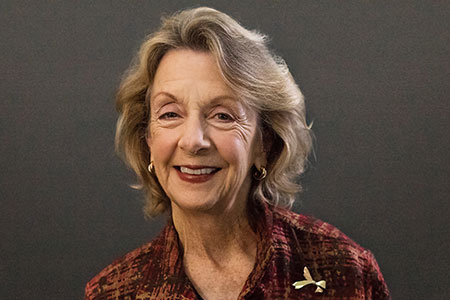
Jo Ivey Boufford
Director of the Doctor of Public Health Program
Clinical Professor of Global Health